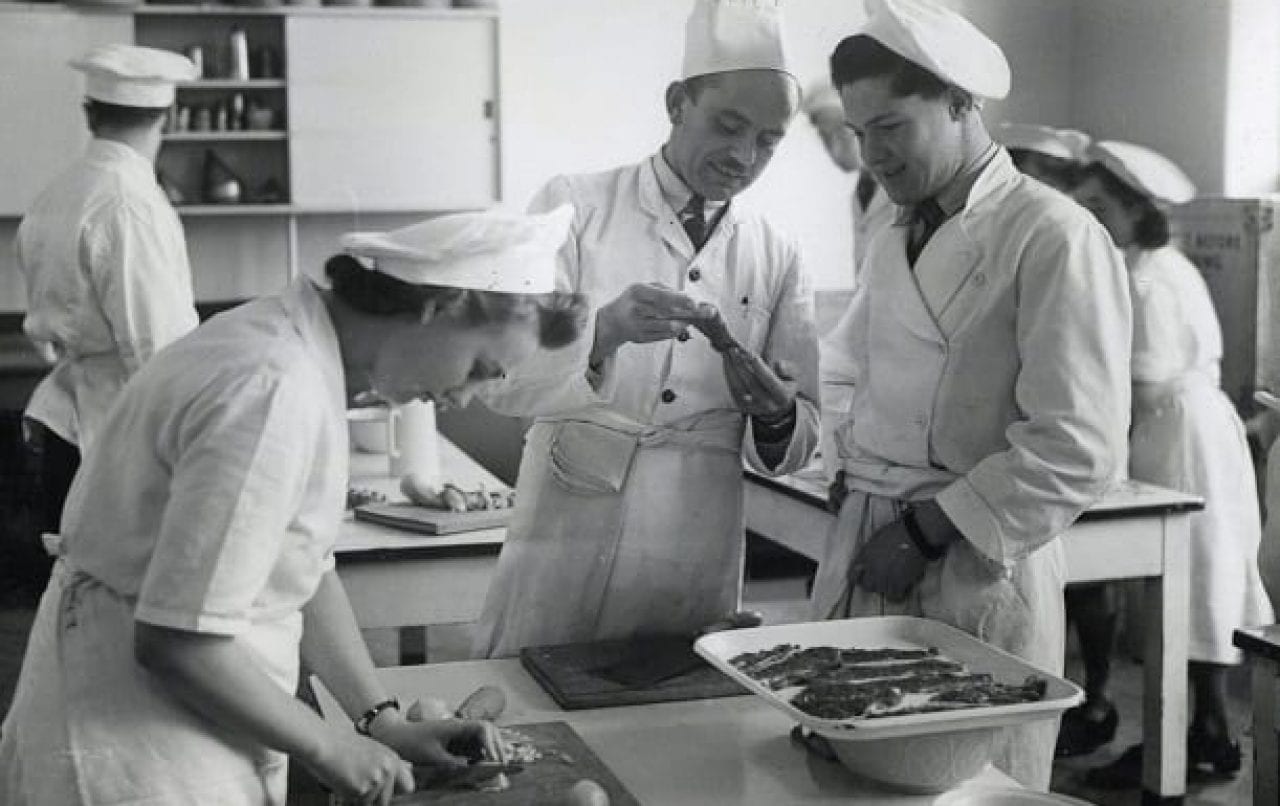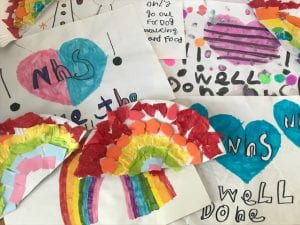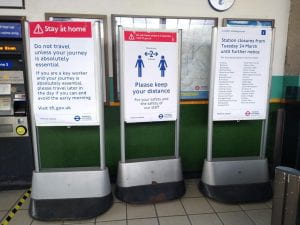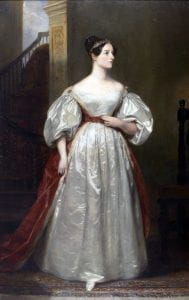UWL archives NEED YOUR HELP to record the experiences of students and staff during the Covid-19 pandemic
The situation has had an impact on all our lives and we need your stories to record what life has been like during lockdown. Future generations will look back at the pandemic as a key point in history so collecting records of our experiences will be crucial to help people understand how we have all lived through these past few months.
We welcome anything that you have created/collected relating to the pandemic. You may have taken photos during your daily exercise around Ealing or your own local area; perhaps you created video diaries of your studies from home, or were inspired to record musical compositions or performances. We are also interested in collecting physical artworks, social distancing notices or messages of support for key workers hung in windows. Whatever it is, we encourage you to send it to us in order to create an archive of Covid-19 memories.
We are particularly keen to focus on the following areas for collecting:
- How the physical spaces at UWL and the surrounding area have been transformed from busy and bustling to quiet and eerie;
- The effects on students and staff working in the NHS and social care;
- How students have reacted to and coped with the changes of moving learning online;
- The changes to ways of working for staff including the challenges of working from home
Please contact anne-marie.purcell@uwl.ac.uk for further information about this project. Any material donated will be safely stored by UWL Archives indefinitely and will be available to researchers of the future. Donations containing sensitive personal information are subject to the Data Protection Act 2018.



